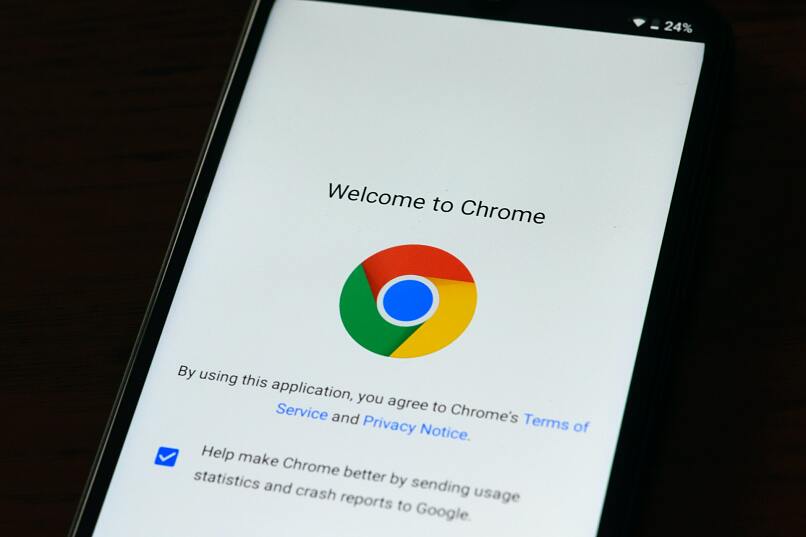Hackers Deploy Malware via Fake Google Chrome Updates

Cybercriminals are hacking websites to show fake Google Chrome errors that push users to install a malicious file to update. Initiated in November 2022, this campaign's intensity increased after February 2023, as NTT security analyst Rintaro Koike noted. The operation has since broadened its scope to encompass users fluent in Japanese, Korean, and Spanish.
NTT’s security researcher Rintaro Koike reported that the malware deployed is capable of evading antivirus detection. According to BleepingComputer, several websites were discovered spreading this malware, which included online stores, adult websites, news blogs, and more.
After being compromised via the injection of malicious JavaScript, the hacked site checks every visitor to see if they’re a potential target (for example, a Chrome user). If so, it will download additional malevolent scripts. The cybercriminals behind this operation utilize the Pinana IPFS (InterPlanetary File System) service to deliver these extra scripts, as it conceals the source of the server hosting the files. This makes it challenging to block them.
When a targeted user visits one of these compromised sites, the scripts present a counterfeit Google Chrome error screen, stating that an update is required to proceed to the site. Subsequently, the scripts automatically download a ZIP file named "release.zip," masquerading as a Chrome update. Upon execution, this program will exclude itself from Windows Defender settings and suspend Windows update services. From there, it will install and activate mining software for the cryptocurrency Monero.
Although many of the compromised websites are in Japanese, NTT cautions that the recent inclusion of more languages suggests that the threat actors may continue to broaden their targeting scope, potentially amplifying the impact of their campaign in the near future.
The code shows no indications of slowing down and is allegedly compatible with more than 100 possible languages. As a general rule, avoid installing security updates for software from third-party websites. Instead, only obtain them directly from the software developers official website or via automatic updates integrated into the program itself.



Please, comment on how to improve this article. Your feedback matters!